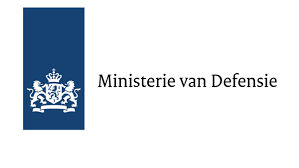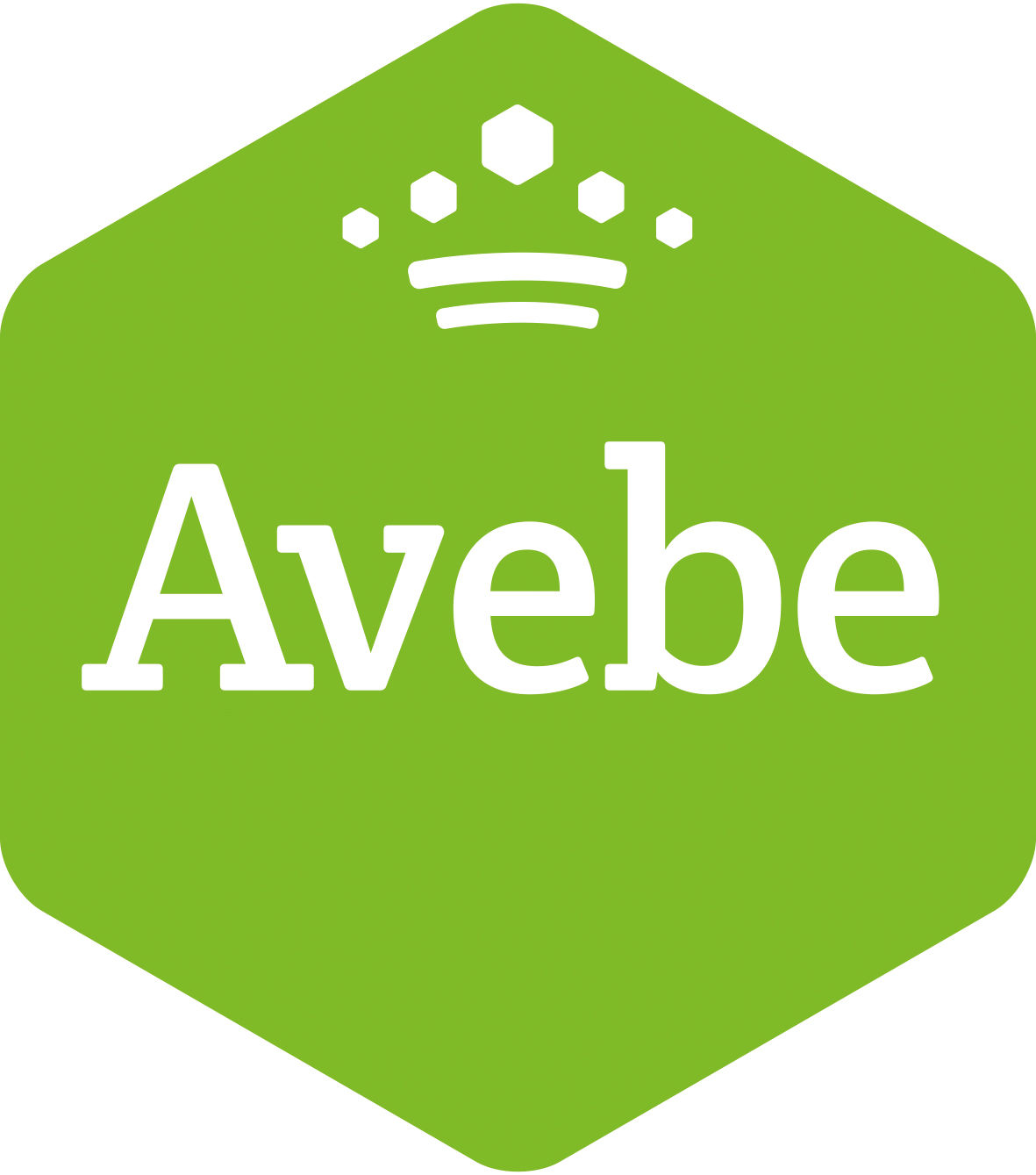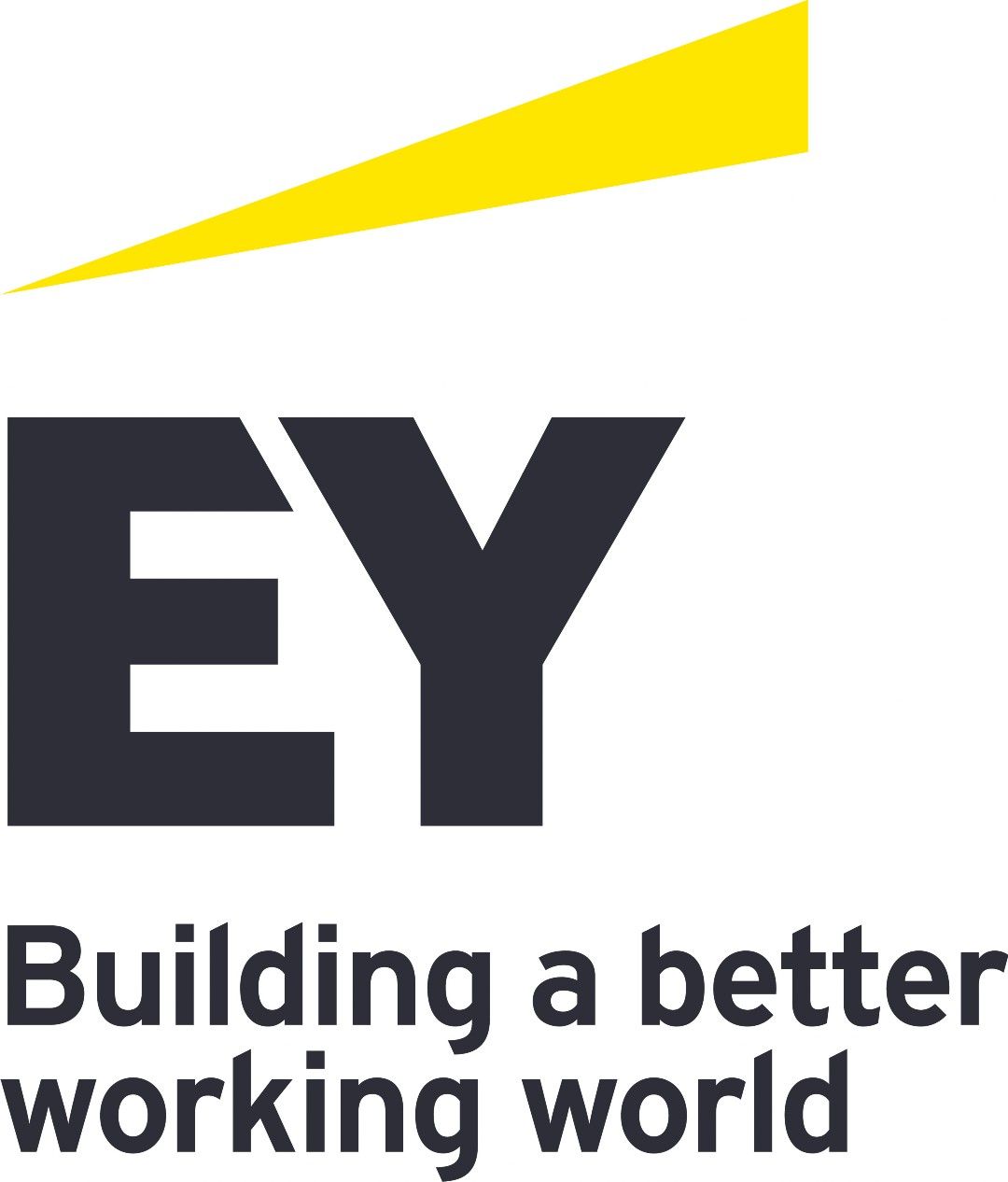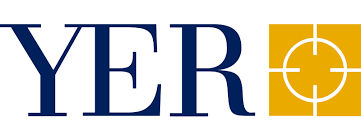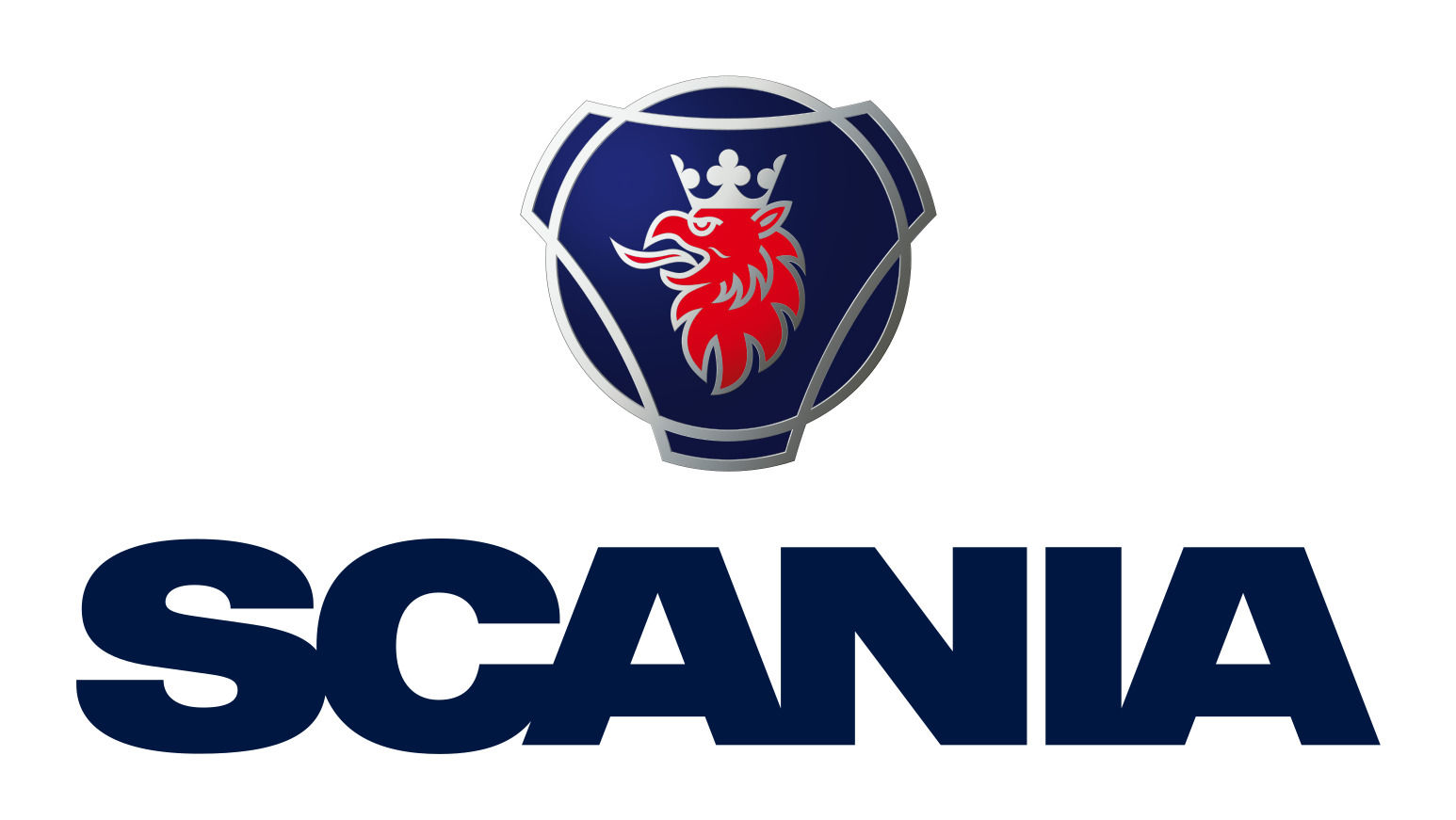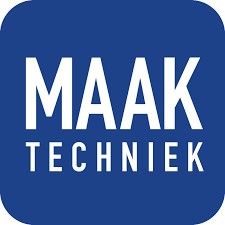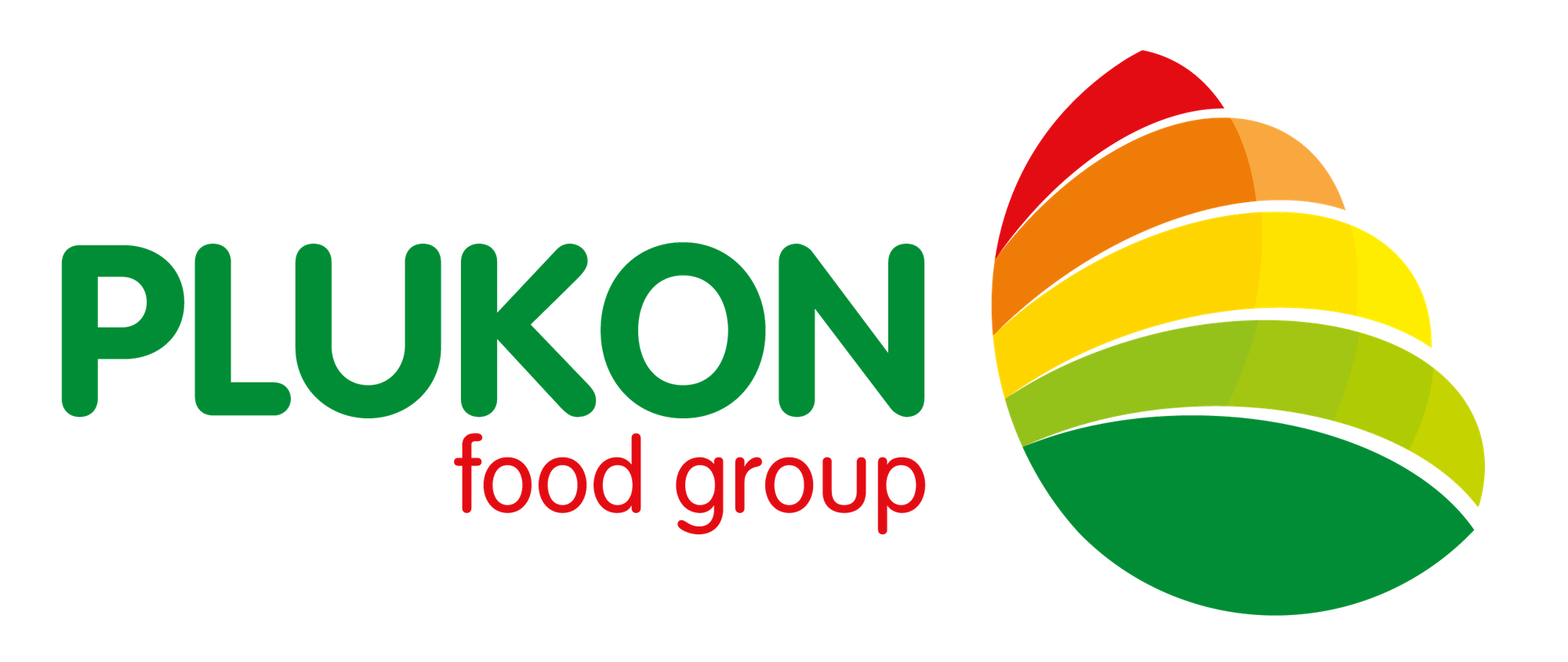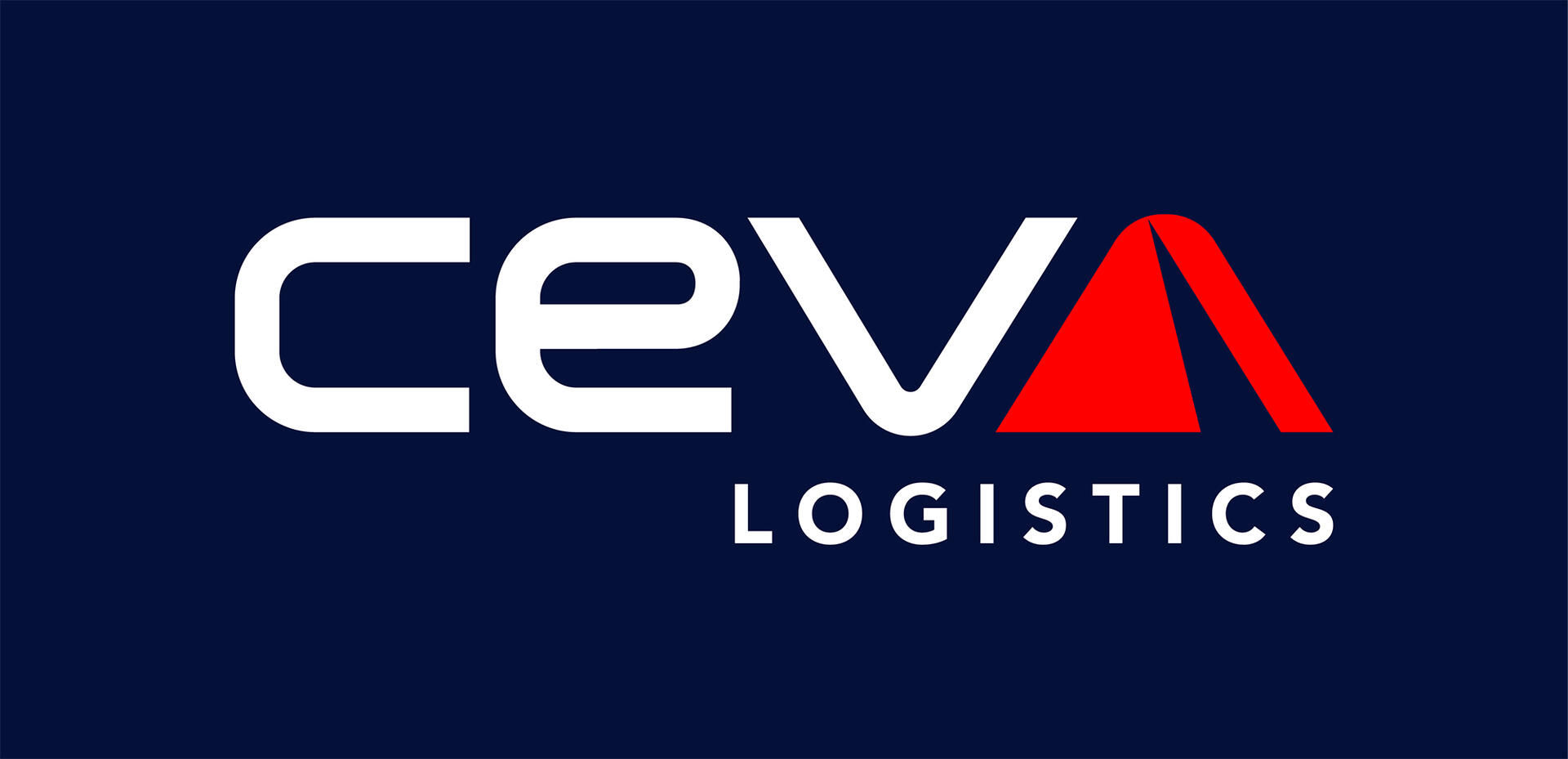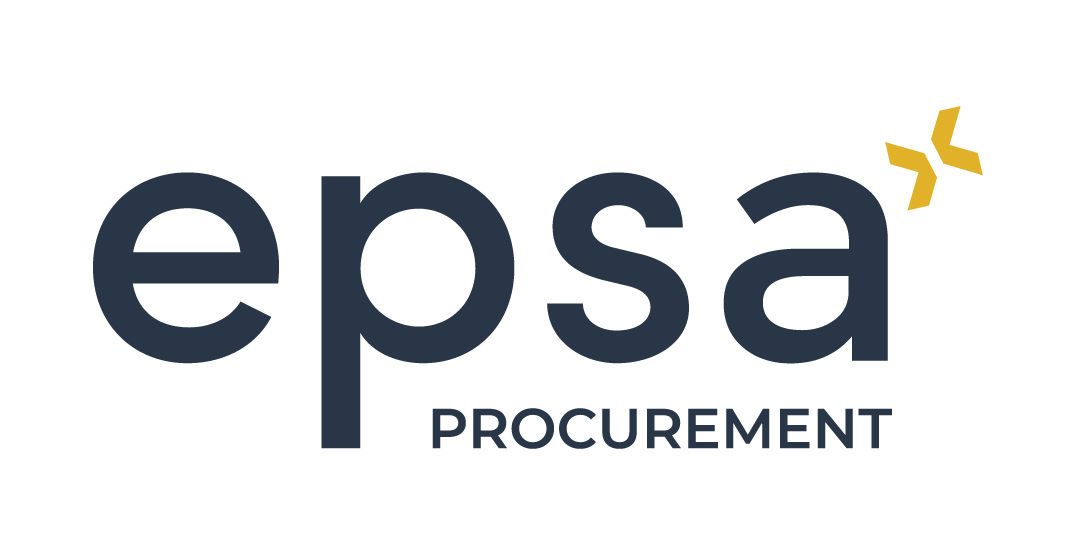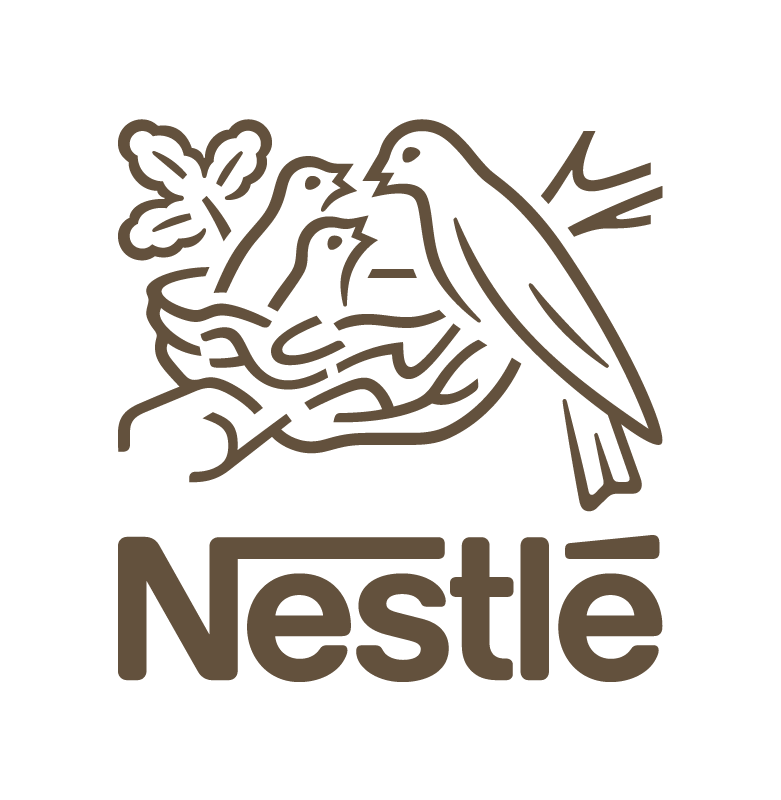(Please note: the DDM does not exist anymore, but this blog still contains relevant information that can help you in your study choice)
Which master's program(s) did you pursue?, and how did you experience it in terms of content and level?
I pursued the Dual Degree Master in Operations Management, a collaborative program between the universities of Newcastle and Groningen. The period in Newcastle focused on Supply Chain Management, while in Groningen, I delved into Technology and Operations Management (TOM). The initial half-year in Newcastle was primarily dedicated to social and cultural development, whereas the study in Groningen, compared to Newcastle, proved to be more challenging. The challenge predominantly lay in applying theoretical concepts to practical scenarios, requiring not only theoretical knowledge but also critical thinking and problem-solving skills to find solutions.
What was your field of study prior to pursuing this master's degree?
I started with a bachelor's in Industrial Engineering and Management at HAN, focusing on a wide range of subjects within technical, management, and operational disciplines. During this bachelor's program, I actively participated in practical projects, particularly aimed at optimizing production processes for efficiency improvement. Subsequently, I pursued the pre-MSc Technology and Operations Management. This program built upon the knowledge I had gained earlier by delving deeper into theoretical concepts and learning a scientific approach to research, which was a good preparation for the master's degree.
Why did you opt for this master's degree, specifically in Groningen, and to what extent did your expectations align with your actual experience, regarding the relevance of the courses to your academic program?
Back then, I chose the pre-MSc TOM because I wanted to continue my studies after completing my bachelor's degree. One of my professors at HAN had completed the same master's program and recommended it to me. I was drawn to the technical aspects and quantitative side of business studies, as well as the 'hard skills' such as further development in Excel modelling and programming in Python and their practical applications. Upon discovering that students from both the pre-master and master programs were equally enthusiastic, I enrolled in the pre-master without ever having been to Groningen. During the pre-master, the DDM Operations Management was promoted as the last opportunity (after previous unsuccessful attempts) to study abroad. It seemed like a win-win situation to me.
The experience in Newcastle provided an interesting comparison with the educational level and approach in the Netherlands. While the courses in Groningen were more challenging and focused on applying theoretical concepts in assignments, the experience in Newcastle differed. There, the emphasis was primarily on absorbing theoretical knowledge, which I found to be a less challenging teaching method. This opened my eyes to different educational approaches and their impact on my learning style. It not only taught me the value of practical applications of theoretical knowledge but also how different teaching methods can influence my learning experience.
What is your current profession, and to what extent does your education align with the requirements of the job market?
After graduating, I started working in late April 2023 as a Development Engineer at Scania Logistics, the logistics organisation of the Scania Group. Simply put, I often refer to my role as an 'internal consultant' or 'project manager'. In this position, I engage in cross-functional projects spanning different departments and cross-brand projects within the TRATON Group. The topics vary widely, and one of the reasons I chose this role, aside from my interest in the Automotive sector, was the opportunity for continuous learning. For now, my focus is on, amongst others, Supply Chain-related projects. This includes projects like redesigning processes and associated systems caused by a change in the logistics flow, or optimizing truck fill rates when implementing intermodal transport to achieve sustainability benefits.
My experience in both Supply Chain and Technology and Operations Management is instrumental in my current role. I can think end-to-end, overseeing complex logistics chains while working with systems and data simultaneously. During my studies, I honed 'technical' skills that I regularly apply, such as utilizing Excel to interpret data and build models that support decision-making. These analytical skills serve as valuable tools in my projects. Additionally, a significant insight I gained during my studies was the strong emphasis on sustainability. This value is highly regarded at Scania, where it is asked to integrate this into your daily work.
However, one challenge I've encountered in practice is within the realm of change management. This is an area I didn't specifically study during my master's program. In my role as a Development Engineer, I've realized that effectively managing organizational changes is crucial for project success. It involves more than just designing new processes or systems; it also entails guiding people through these changes. This includes dealing with resistance, communicating changes, and fostering acceptance and engagement among all stakeholders. For example, during studies, assignments are often clearly defined, whereas in real-world scenarios, it's crucial to first understand what the client truly wants before proceeding with a project. This is one of the challenging aspects I'm actively working on to further develop my knowledge and skills.





